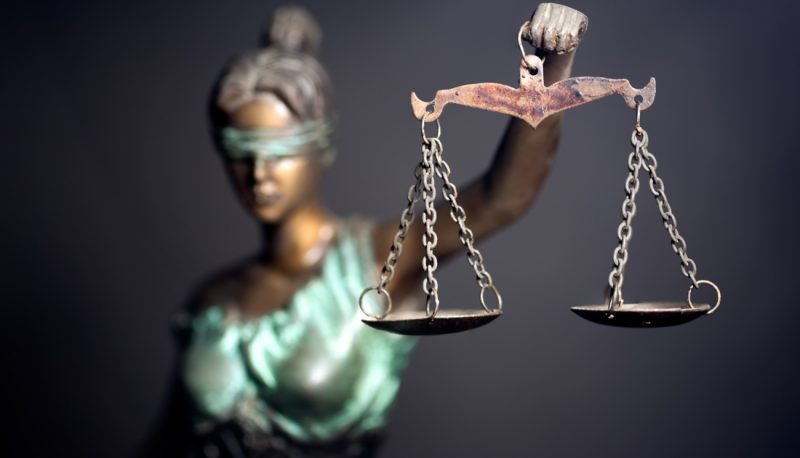“Confirmed Judges, Confirmed Fears” is a blog series documenting the harmful impact of President Trump’s judges on Americans’ rights and liberties. Cases in the series can be found by issue and by judge at this link.
Trump Second Circuit judges Richard Sullivan, Joseph Bianco, William Nardini, and Steven Menashi cast deciding votes preventing the full court from rehearing a panel decision that upheld Trump Administration conditions requiring states to cooperate in federal immigration enforcement efforts or lose important law enforcement grant funds. Four other circuit courts of appeal have invalidated the conditions. The July 2020 decision was New York v. United States Dept of Justice.
For many years, states and cities have received grants from the federal government to assist in law enforcement efforts under the Byrne Grant program. In creating the program, Congress made clear that the Department of Justice (DOJ), which administers the program, cannot attempt to use grant funds to “exercise any direction, supervision, or control” over any state or local law enforcement agency.
Despite those provisions, the Trump DOJ adopted a policy in 2017 that required that any applicant for Byrne Grant funding to agree to cooperate in federal immigration enforcement by (1) providing access to any detention facility to determine the immigration status of anyone there, (2) requiring such facilities to notify the federal government of the release date of any individual, and (3) facilitating communication between the federal government and local officials about individuals’ immigration status.
New York city and state, along with six other states, filed suit to invalidate the conditions, and a district court agreed. On appeal, however, a three-judge panel of the Second Circuit reversed and sided with DOJ, leading to a request that the full court rehear the case.
In a decision in which four Trump judges cast crucial votes, rehearing was rejected. Six judges, including Trump judges Sullivan, Bianco, Nardini, and Menashi, voted against rehearing and wrote or joined opinions concurring in the result. Four judges dissented. Judge Raymond Lohier, joined by George W. Bush appointee Peter Hall, concurred in the denial of rehearing, but made clear they were doing so only to speed up Supreme Court consideration of what they considered “very serious errors” in the panel decision.
The primary concurring opinion defending denial of rehearing, by Judge Jose Cabranes. maintained that “the statutory text permits” DOJ to “impose the challenged conditions” on Byrne grants. Although acknowledging that many other judges have disagreed, Cabranes claimed that the panel opinion “thoroughly addressed” the contrary opinions by other courts of appeal and appropriately rejected the claim that DOJ had committed “unconstitutional commandeering” of state resources under the Tenth Amendment. Judge Sullivan wrote an additional concurring opinion, noting that the panel opinion “persuades me that its interpretation of the statute is the correct one.”
The six judges who disagreed, however, carefully analyzed the statute and concluded that, as Judge Lohier put it, the panel opinion “misreads statutory text,” adopted an approach that contradicts “Congress’ words” and “ordinary principles of statutory construction,” and “careens” very “far off the textualist track.” Judge Pooler’s dissent also explained how DOJ’s interpretation and conditions violate the Tenth Amendment’s “prohibition against coercing states into enforcing federal law.”
All the dissenters relied heavily on the fact that four other courts of appeal had concluded that the DOJ conditions were improper, contrary to the panel view. As Judge Lohier put it, the twelve judges in these cases were “appointed by six different presidents”, including both presidents Bush, and have a “remarkable array of views and backgrounds,” and all concluded that DOJ may not “impose the challenged conditions.”
Hopefully the Supreme Court will reverse the Second Circuit decision, or it will be made moot by administrative changes after January. Unless and until that happens, however, officials in seven states will be required to help enforce federal immigration edicts or forfeit important funds to improve law enforcement.

